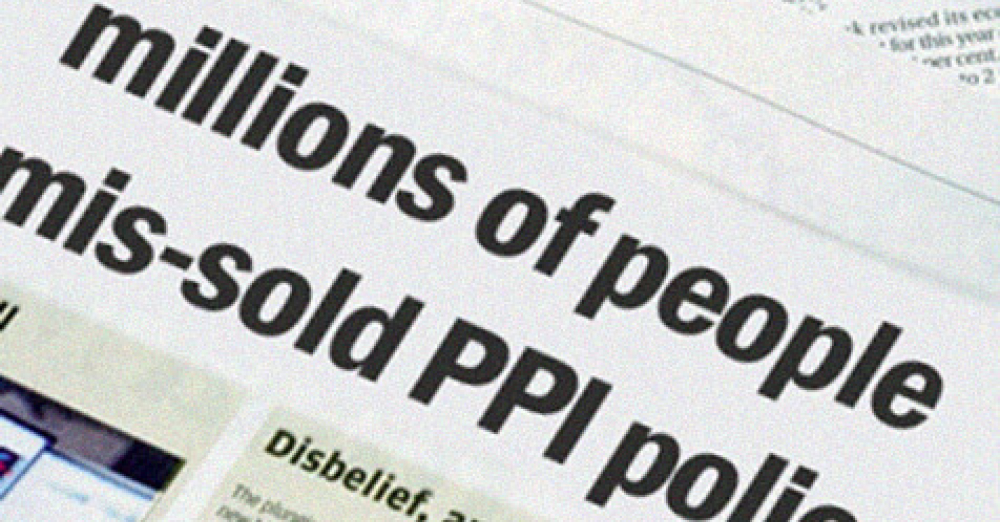Everything you need to know about PPI

PPI is something that most people who owned a credit card before around 2010 might know about from their credit statements, however for the rest of us it can be almost like a bit of a joke. You must have seen countless adverts on the telly a few years ago about PPI claims, right? And at Winzum we’re also willing to bet that most of us have been hit by a PPI cold-call at some point too.
Due to these facts there isn’t a lot of knowledge about PPI in the general public, with a lot of people passing it off as simply a nuisance. Well, the cold-calls and adverts can most definitely be a nuisance, but if you don’t know a bit about PPI you could be leaving yourself open to financial fraud. We love to help over at Winzum, so keep reading for everything you need to know about PPI.
The PPI basics
PPI stands for Payment Protection Insurance, and it is basically a form of financial insurance that was designed in order to protect credit card or loan customers from the potentiality that they lose their job, for example, and therefore cannot pay back their outstanding balance.
Sounds good on the face of it, doesn’t it? And PPI has definitely helped some people in the past, however the problem is that for the majority of us it was a truly unneeded extra fee to pay each month. In fact, PPI was miss-sold to millions of UK citizens over the years, and this is where the PPI problem stems from.
The PPI miss-selling scandal
As we mentioned before, PPI on its own isn’t necessarily a bad thing, however the PPI scandal arose from the fact that people were often miss-sold it when they didn’t need it, or weren’t even eligible. To top things off, banks were incentivising the sale of this insurance, and paying crazy amounts of commission on each sale too.
That last bit about commission is where the PPI miss-selling scandal really got interesting, because in 2014 a woman called Susan Plevin won a court case in which she argued that the undisclosed commission rates on PPI (up to 71.8%) were unlawful, and she was due compensation. After this pretty much anybody who had PPI on their credit card, mortgage, or loan was due compensation, hence the size of the scandal!
Common misconceptions about PPI
There are quite a few common misconceptions about PPI these days, so let us clear up a few for you. Firstly, it is important to remember that you categorically cannot have been miss-sold PPI after 2011, as pretty much all banks stopped offering it after this. Moreover, if you have never taken out a loan, mortgage or owned a credit card you also could not have had PPI either.
Another huge misconception about PPI is that you have to go through one of the specialised PPI claim-back companies to make a claim. In fact, it is far better to write straight to the bank in question, otherwise a chunk of your compensation will be taken as commission.
Stuff to remember in case of PPI fraud calls
Did you read our article on the history of financial fraud [a history of financial fraud]? You should, because unfortunately it’s everywhere in the 21st century, and PPI fraud calls are some of the most common types of financial fraud. Criminals have jumped on the confusion and lack of understanding around the subject, so it’s important to be careful.
The first thing to remember is that the deadline for mass PPI claims expired in August 2019, and the only way to press ahead with a claim nowadays is to go to the Small Claims Court. Therefore, if anybody calls you up offering a quick and easy compensation process you can bet your bottom dollar they are trying to enact financial fraud!